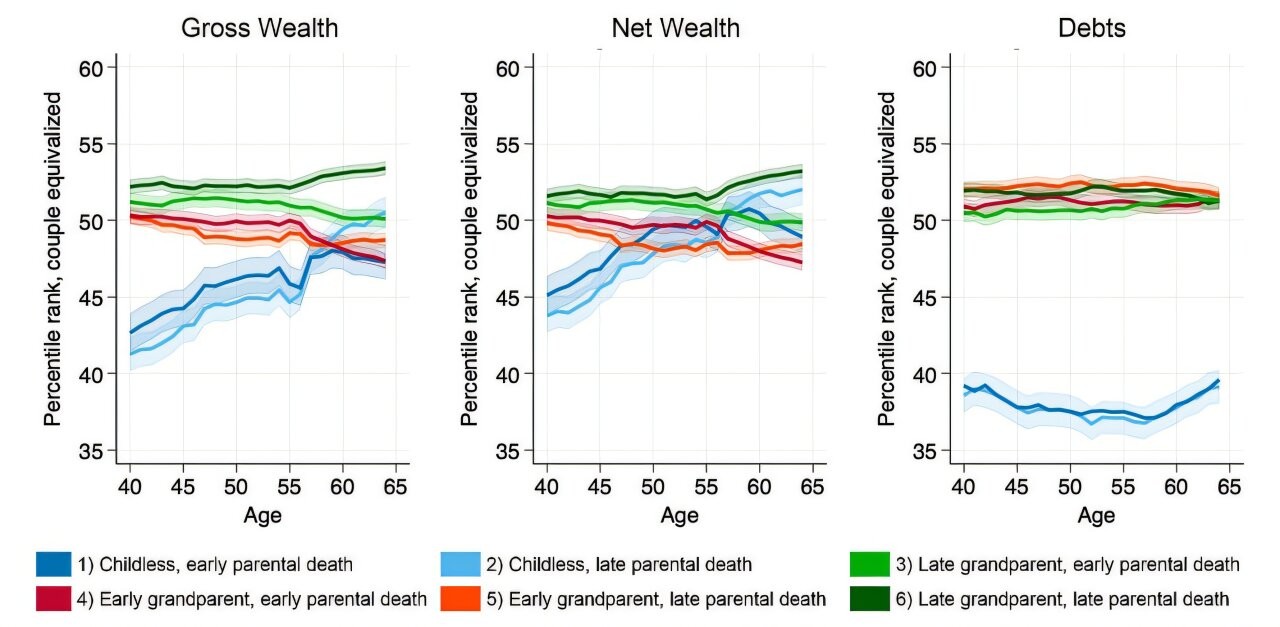Featured
Inflammation Link Discovered in Treatment-Resistant Depression: New Hope for Patients
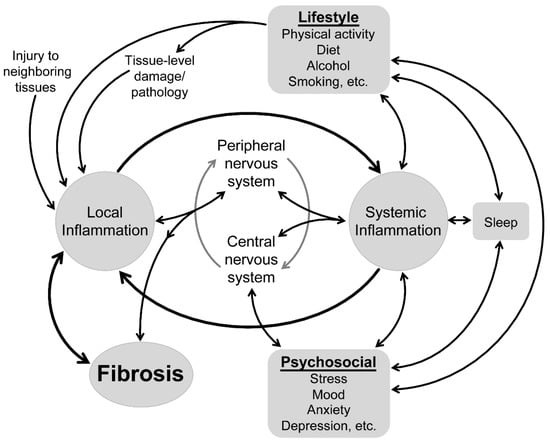
Groundbreaking research from the University of Queensland reveals how inflammation and metabolic dysfunction may impair dopamine production in treatment-resistant depression. The findings suggest potential new treatment approaches and the development of blood tests to predict antidepressant response.
Limited Memory Benefits Found in ADHD Medication Study of Healthy Adults
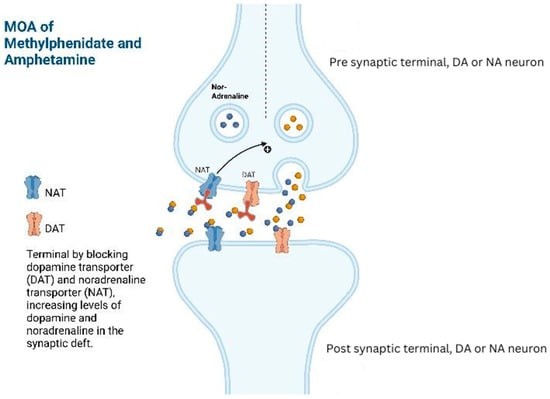
New research challenges claims about cognitive enhancement from ADHD drugs, finding that low doses of methylphenidate only modestly improved numeric memory in healthy adults. The Swinburne University study reveals no broad cognitive benefits, raising concerns about the medication's widespread use as a 'smart drug'.
Social Media Detox Myth: New Study Finds No Mental Health Benefits from Digital Breaks

A groundbreaking meta-analysis of over 4,600 participants reveals that temporary social media breaks do not improve mental wellbeing or life satisfaction. The Belgian research challenges popular 'digital detox' claims, suggesting more nuanced approaches to healthy social media use may be needed.
Columbia Leadership Shake-Up: Interim President Steps Down Amid Federal Funding Agreement

Columbia University's Interim President Katrina Armstrong resigns amid ongoing challenges, just days after securing $400 million in federal funding through policy changes. Claire Shipman, Board of Trustees co-chair, steps in as acting president while the university navigates campus protests and antisemitism concerns.
5-Minute Eccentric Exercise Revolution: Simple Daily Movements Transform Health

A groundbreaking study reveals that just five minutes of daily eccentric exercises like chair squats and wall push-ups can significantly improve muscle strength, flexibility and mental wellbeing. The accessible home-based routine offers hope for the majority of adults who don't meet recommended activity guidelines.
Early Concussions Cast Long Shadow Over Academic Future, Finnish Study Finds
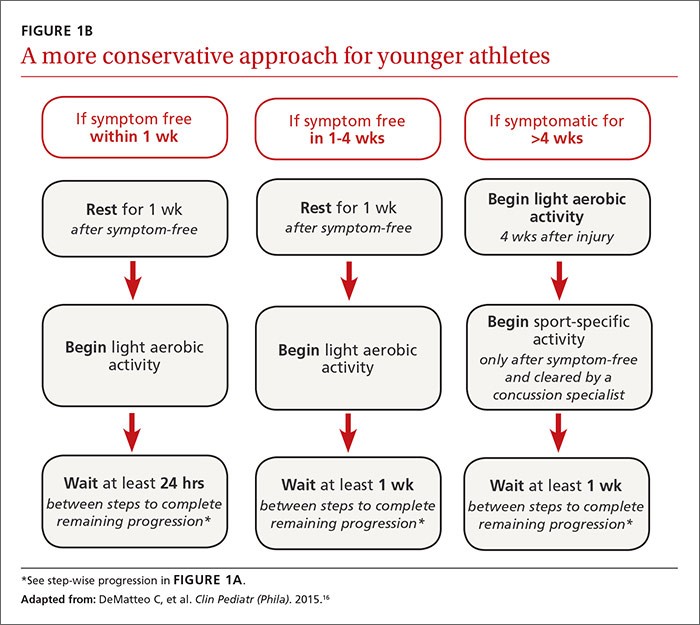
Research from the University of Tampere reveals children with mild concussions are 15% less likely to pursue higher education compared to those with non-head injuries. The groundbreaking study of 24,000 patients demonstrates how early brain trauma can have lasting effects on educational achievement well into adulthood.
Genetic Study Reveals Shared Origins of ADHD and Learning Disorders
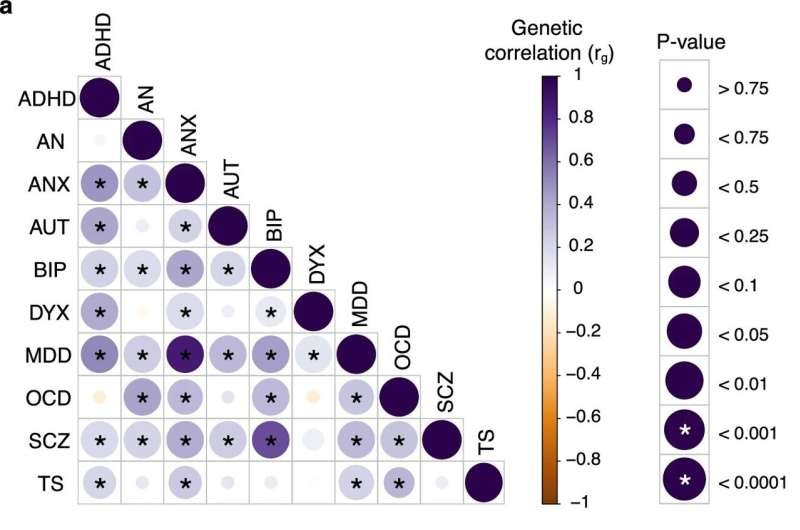
Dutch researchers analyzing data from 19,000 twins have discovered common genetic foundations linking ADHD, dyslexia, and dyscalculia. The groundbreaking findings explain why these conditions frequently co-occur and suggest the need for targeted interventions rather than assuming one condition causes another.
Brain and AI Speak the Same Language: New Study Reveals Striking Similarities in Neural Processing

Groundbreaking research by Google and leading universities uncovers remarkable parallels between how Large Language Models and human brains process language. The study demonstrates linear alignment between neural activity patterns and AI embeddings during speech comprehension and production.
Age Impacts How Children with Social Anxiety Process Mistakes, Study Finds

New research reveals younger children with social anxiety struggle more to refocus after making mistakes compared to older children with the same condition. The study of 214 children shows this deficit diminishes around ages 11-13, suggesting developmental changes help overcome initial processing challenges.

